Gay priests: the legacy of the right-on pope

Want unlimited, ad-free access? Become a spiked supporter.
Monsignor Krzysztof Charamsa, a Polish Catholic priest and member of the Vatican’s Congregation for the Doctrine of the Faith since 2003, caused controversy this week by announcing that he is gay and in a relationship with a man. Taking a holier-than-thou stance, Charamsa announced to the world’s media that he is ‘a gay priest who is happy, and proud of his identity’. He accused the Vatican of being ‘ignorant about homosexuality’; by coming out, he said, he was aiming to challenge the Church’s stance on homosexuality. In response, the Vatican stripped him of his doctrinal responsibilities, and called his actions ‘very serious and irresponsible’.
Charamsa couldn’t have chosen a better time to admit that he has broken his vow of celibacy. On Monday, Pope Francis opened a synod on the family, within which issues such as divorce, remarriage and homosexuality will be debated. At a time when traditional family values are being challenged by the wane in religious faith and the rise of identity politics, the Roman Catholic Church, a stalwart of traditional values, is facing a crisis of conscience. While the pope has championed the family, he has positioned himself as a moderniser and progressive, which has won him the praise of the right-on brigade. Indeed, the pope indicated he would be relaxed about a change in the Church’s stance on homosexuality when he famously said: ‘If someone is gay and he searches for the Lord and has good will, who am I to judge?’
The pope’s stance has put the Church in a sticky predicament. While he’ll be loath to call out Charamsa as a sinner and a defiler of the faith, the issue of gay priests needs to be addressed. The pope’s desire to modernise and reform the Church, so that it is seen as progressive and at one with modern liberal orthodoxy, is at odds with the traditional constitution of the Church.
Charamsa’s statement, that he was ‘proud of his identity’, shows the challenge identity politics poses to the Church. How is an institution, bound to tradition and conformity, going to deal with an ever-changing and increasingly narcissistic society in which identity has become an article of faith? Like many of the ex-faithful, Charamsa is unable to put aside his personal desires in order to serve his faith, breaking his vows in order to fulfil his homosexual ‘identity’.
The fact of the matter is that the Catholic Church is an institution steeped in history and ritual – the values it holds are not current or contemporary. This is a reality that Pope Francis must face. As traditional institutions throughout the Western world are facing uncertain futures, the question of what duties Catholics feel bound to fulfil is one the Church is becoming less able to answer. Many of its traditions and standards are being challenged – and that doesn’t just go for sexual orientation. Indeed, while the pope is supposed to serve until death, the previous pope, Benedict XVI, resigned from his role – the first to do so for almost 600 years.
Charamsa’s confession has given Pope Francis, the synod and, indeed, the whole Catholic community a huge amount to think about. In an ever-changing world, can traditional institutions survive? What does faith and service mean in an age of identity? And what does it mean to have a ‘moderniser’ as the head of what was once an institution steeped in tradition?
Christopher Beckett is a writer and researcher working in the education sector.
You’ve read 3 free articles this month.
Support spiked and get unlimited access.
Help us hit our 1% target
spiked is funded by readers like you. It’s your generosity that keeps us fearless and independent.
Only 0.1% of our regular readers currently support spiked. If just 1% gave, we could grow our team – and step up the fight for free speech and democracy right when it matters most.
Join today from £5/month (£50/year) and get unlimited, ad-free access, bonus content, exclusive events and more – all while helping to keep spiked saying the unsayable.
Monthly support makes the biggest difference. Thank you.
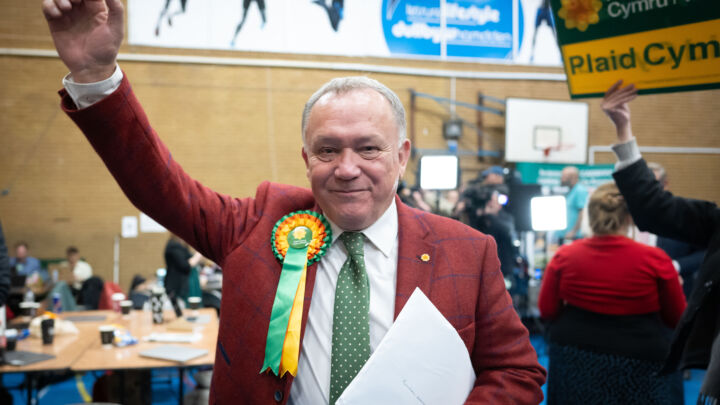
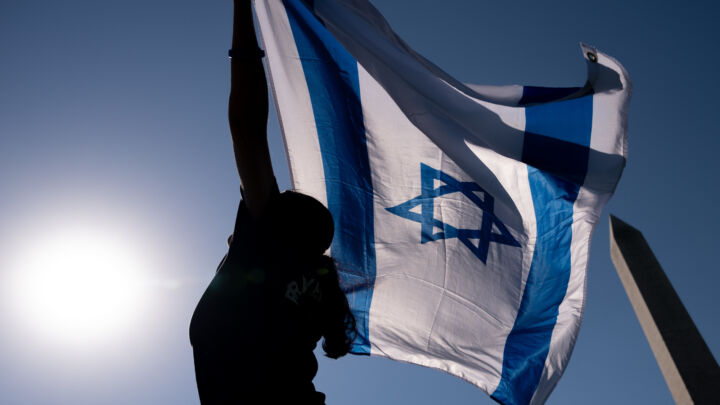
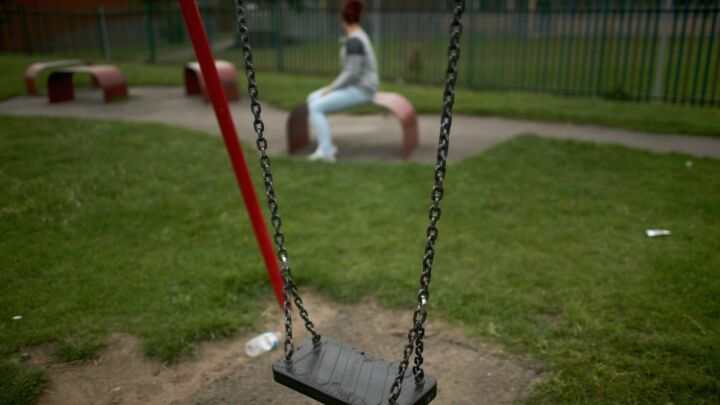
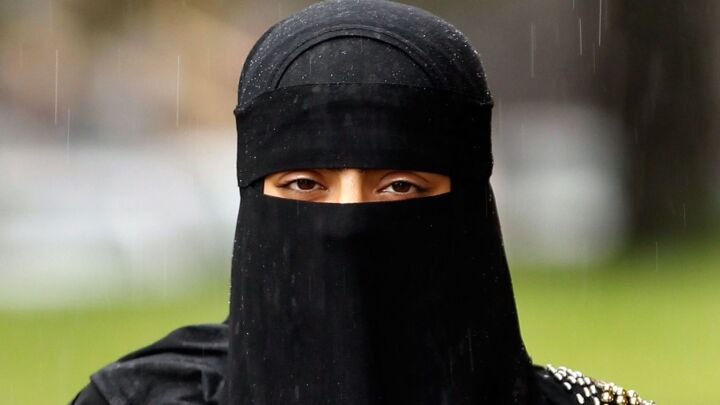
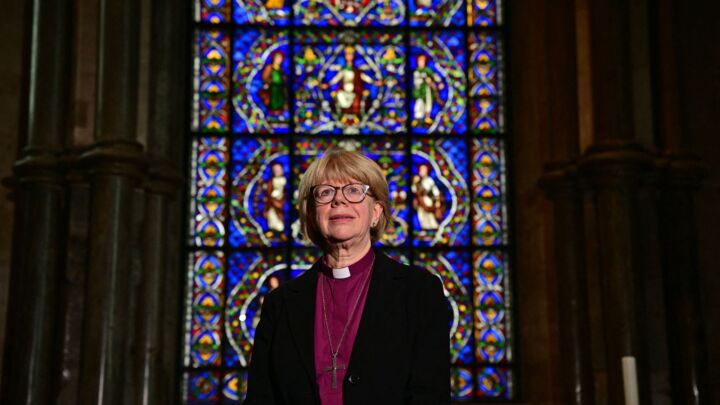
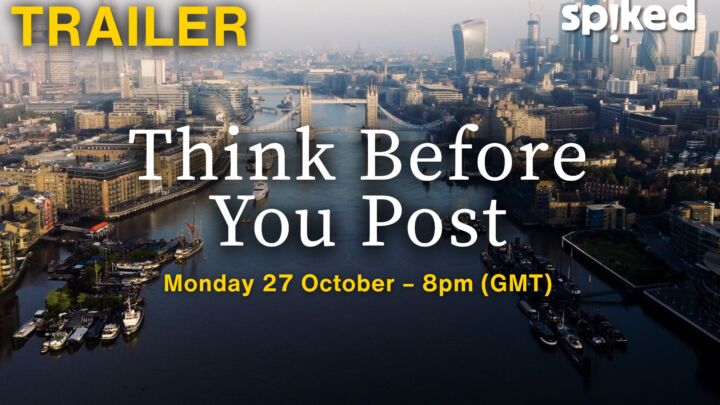
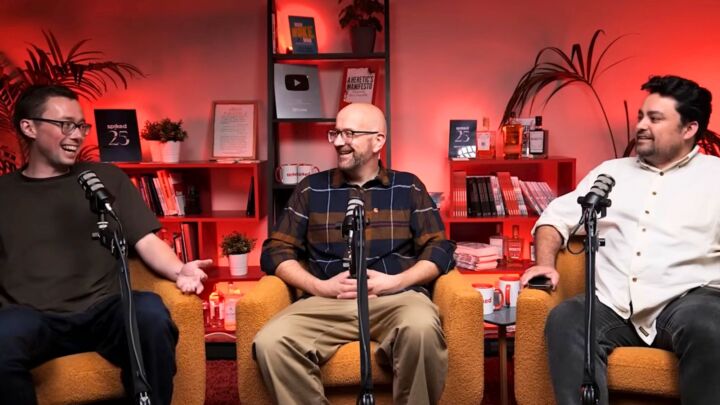

Comments
Want to join the conversation?
Only spiked supporters and patrons, who donate regularly to us, can comment on our articles.